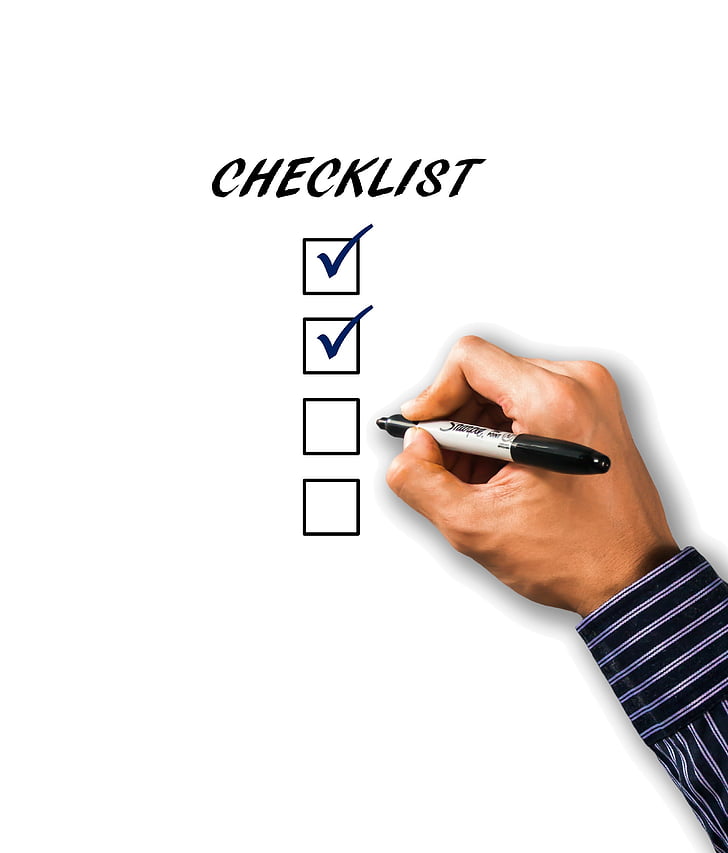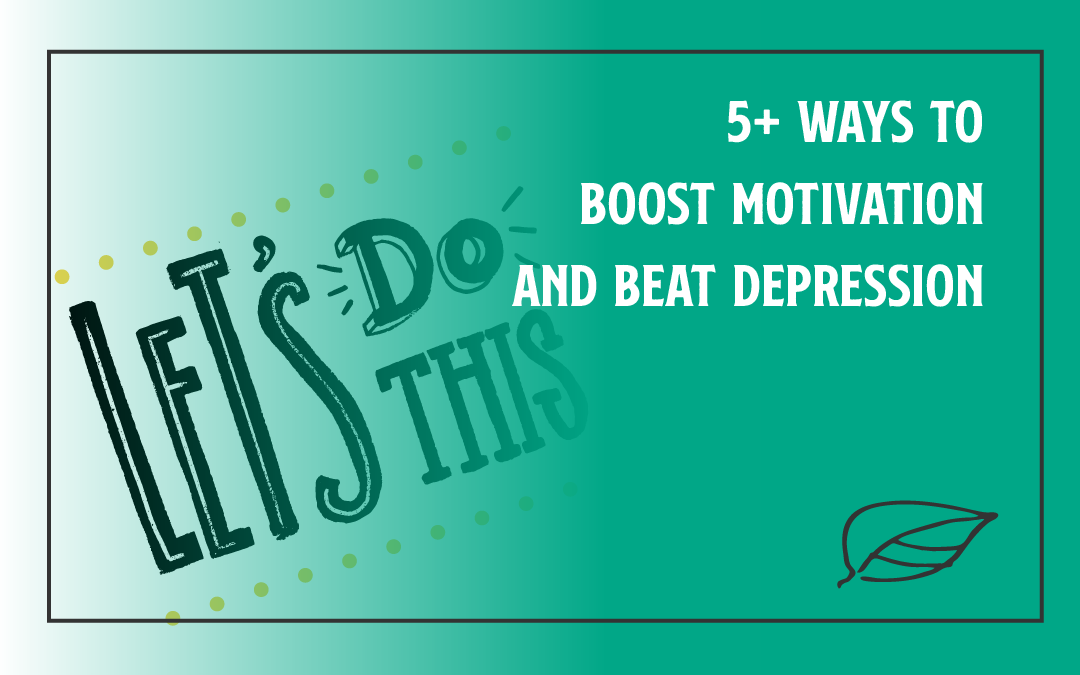You feel it in your gut. That project you were once so fired up about now feels like dragging a car uphill. Your to-do list seems to mock you, and the drive you used to have has gone on an extended vacation. If you’re wondering how to actually boost motivation, you’re in the right place, because we’ve all been there.
Feeling unmotivated is a human experience; it’s normal, especially for creators, marketers, and influencers who are always expected to be “on.” The pressure to perform can drain your reserves fast. You don’t need another generic pep talk; you need actual strategies that work.
Let’s explore how to boost motivation in a way that feels real and sustainable. It’s time to stop waiting for inspiration to strike and start building a system that creates it for you. This approach will help you overcome challenges and keep moving forward.
Table Of Contents:
- Forget a Huge Goal, Find Your Purpose
- Break It Down Until It’s Laughably Small
- Architect an Environment for Success
- Track Your Progress Like a Pro
- How To Boost Motivation by Moving Your Body
- Build a Circle of Trust, Not Just an Audience
- Master the Art of the Shutdown
- Your Brain Runs on Real Food
- Curate Your Mental Diet Fiercely
- Conclusion
Forget a Huge Goal, Find Your Purpose
We’re told to set big, audacious goals. But what happens when the distance between here and there feels like a million miles? The secret isn’t just about what you want to achieve; the bigger question is why it matters to you, and why that work feels meaningful.
Your “why” is the emotional engine behind your work and it is what makes you feel intrinsically motivated. It’s the reason you started your channel, your business, or your brand in the first place. When motivation fades, it’s often because we’ve lost touch with that core purpose, that greater purpose driving our personal growth.
Take a step back from the daily grind. Ask yourself what impact you really want to make. Connecting your small, daily tasks back to this bigger purpose can completely change your perspective and increase motivation. A study highlighted by the American Psychological Association shows how intrinsic motivation, the drive from within, is far more powerful than extrinsic motivation or external rewards.
To reconnect with your purpose, try journaling about what truly excites you about your field. What problems do you want to solve? Who do you want to help? Answering these questions helps build motivation from the ground up, making your work feel less like a chore and more like a calling.
Break It Down Until It’s Laughably Small
That massive project on your plate is intimidating. The thought of it alone can be enough to make you reach for your phone and scroll for an hour. To stop looking at the entire mountain, you need to set clear, achievable goals.
Break your big task into tiny, manageable steps. And when you think you’ve made them small enough, break them down again. “Launch new marketing campaign” becomes “draft campaign brief,” which then becomes “write one headline.”
This does something magical in your brain. Each time you complete one of these achievable steps, you get a small hit of dopamine, the “feel-good” chemical. This creates a positive feedback loop, where completing one small thing gives you the momentum to do the next one, showing you that you’re making progress.
Setting small goals this way is a practical application of the SMART goals framework. By making your tasks specific, measurable, achievable, relevant, and time-bound, you remove the ambiguity that breeds procrastination. This is how you build momentum and stay motivated through even the largest projects.
Architect an Environment for Success
Your physical and digital spaces have a huge impact on your mental state. If your desk is a mess and your computer screen has 50 tabs open, your brain is already overtaxed before you even start working. You’re fighting an uphill battle against chaos for your mind to function properly.
Take some time to design an environment that encourages focus. Clear your desk of everything except what you need for your current task. Think about your lighting and how it supports your natural circadian rhythm, using brighter light during work hours and warmer light as you wind down.
Think of it as setting the stage for your own success. By removing friction and distractions, you make it easier to get into a state of flow. The book Deep Work by Cal Newport explains how creating these distraction-free zones is critical for high-quality output and is a good idea for anyone struggling with focus.
Track Your Progress Like a Pro
In the digital world, websites use different types of cookies to track activity. Think of your own motivation system in a similar way; you need to track your inputs and outputs to understand what works. You have to pay attention to your own personal analytics.
Just as performance cookies help a site owner count visits and traffic sources, you should track your productive sessions. Note when you feel most energized and what tasks you completed. This data helps you identify patterns and optimize your schedule for peak performance.
Be mindful of what’s acting like targeting cookies for your attention. Social media feeds and endless news alerts are designed to pull you in and drain your focus. Adjust your digital privacy preferences to limit these interruptions, creating a space where you can do great work without constant distraction.
Use digital to-do lists to provide enhanced functionality for your workflow. When you see a task, don’t just see a wall of text. See a checkbox label you can tick off. Sometimes you might see a double entry, a checkbox label label, which is just a reminder to simplify and clarify your tasks. When you complete a task and check it off, you get a visual confirmation of your hard work.
| Tracking Method | How It Boosts Motivation | Digital Tool Example |
|---|---|---|
| Time Blocking | Creates structure and prevents decision fatigue. | Google Calendar, Todoist |
| Habit Tracking | Provides a visual record of consistency and progress. | Streaks, Habitify |
| Daily Journaling | Helps identify motivational triggers and blockers. | Day One, Notion |
| Project Milestones | Breaks large goals into rewarding achievements. | Trello, Asana |
How To Boost Motivation by Moving Your Body
It’s advice we’ve all heard, and probably ignored, a million times. But physical activity is one of the most effective ways to shake off mental fog. It’s not just about physical health; it’s about changing your brain chemistry for improved mental well-being.
You don’t need to run a marathon. A simple 20-minute walk outside can make a world of difference. Research from Harvard Medical School shows that regular exercise can be as effective as medication for mild depression because it releases mood-boosting endorphins.
When you feel stuck, get up and move. The change of scenery and physical exertion can help break the cycle of negative thoughts. It also improves physiological markers of stress, helping to lower blood pressure and regulate your heart rate over time.
To make it a lasting part of your life, focus on finding an activity you genuinely enjoy. This is how you develop healthy habits that stick. Whether it’s dancing, hiking, or lifting weights, the key is consistency to stay healthy and energized.
Build a Circle of Trust, Not Just an Audience
As a public figure or marketer, you might have thousands of followers. But followers are not a support system. You need people you can be real with, people who see the struggle behind the highlight reel.
Loneliness can be a massive motivation killer. Feeling like you’re going through challenges alone is incredibly draining. It is so important to cultivate a small circle of trusted peers or mentors by spending time building trust.
This could be a mastermind group, a few friends in the same field, or even a trusted family member. These are the people you can call when a launch fails or when you feel like an impostor. These relationships build stronger bonds than any online network ever could.
Sharing these experiences makes them less heavy and provides you with the encouragement to keep going. Having that connection with your team members or peers is a proven buffer against the mental strain of demanding work. When people feel supported, their capacity for resilience grows exponentially.
Master the Art of the Shutdown
In our always-on culture, it’s easy to let work bleed into every corner of our lives. This is a surefire recipe for burnout, which is the ultimate motivation killer. You have to create a clear boundary between your workday and your personal time.
Create a “shutdown routine” to signal to your brain that the day is officially over. This could involve clearing your inbox, reviewing your accomplishments, and making a short to-do list for tomorrow. Once the routine is done, you’re done; click the mental apply cancel button on your workday.
This simple act helps you mentally disengage, which allows your brain to rest and recharge properly. You’ll come back to work the next day feeling fresher and more focused. This small habit can protect your long-term drive and improve mental health.
If you find it impossible to switch off, it may be a sign of deeper stress or anxiety. In such cases, speaking with a mental health professional can provide tools and strategies for creating healthier work-life boundaries. Their guidance can be invaluable for long-term well-being.
Your Brain Runs on Real Food
Have you ever felt super motivated after eating a donut and a sugary coffee? Probably not for very long. What we eat directly affects our energy levels and mental clarity, and motivation plays a huge role in our food choices.
Your brain and gut are directly connected. Eating a diet full of processed foods and sugar can lead to energy crashes and brain fog, making it nearly impossible for you to stay motivated. The gut-brain connection is well-documented, with your digestive health influencing everything from mood to cognitive function.
You don’t have to become a perfect health guru overnight. Just focus on adding more whole foods into your diet, like fruits, vegetables, and lean proteins. Building healthy habits around your diet is one of the most effective ways to ensure sustained energy and focus throughout the day.
Staying hydrated is also critical. Dehydration can cause fatigue and irritability, which are enemies of motivation. If you are struggling, consulting a health professional or nutritionist can provide personalized advice.
Curate Your Mental Diet Fiercely
Just like you are what you eat, you are also what you consume online. The constant stream of news, social media updates, and opinions can be mentally exhausting. It’s hard to feel motivated when your mind is cluttered with negativity and comparison.
You have to be a ruthless curator of your digital inputs. Unfollow accounts that make you feel bad about yourself. A 2021 study in PLOS One linked this type of passive consumption, or “doomscrolling,” to poorer mental health outcomes.
Instead, intentionally seek out content that inspires and educates you. Listen to podcasts that give you new ideas. You don’t need to look at pictures of mountains to feel inspired; you can cultivate a growth mindset by learning from others’ real stories.
Protecting your mental energy is one of the most powerful things you can do for staying motivated. Motivation helps you focus on what matters. When your mental space is clear, you have more capacity to solve problems and create amazing work.

Conclusion
Feeling your motivation slip away can be unsettling, but it’s not a permanent state. Motivation is not some magical force you either have or you don’t. It’s a system you build and a practice you cultivate through small, consistent actions.
By focusing on your greater purpose, setting small goals, and protecting your energy, you can create a reliable system to boost motivation. This approach boosts motivation from the inside out, making it more resilient to setbacks. The key is to take control of the factors you can influence.
Remember that staying motivated is a dynamic process of aligning your actions with your values. When you build stronger habits and connections, you’re not just waiting for motivation to arrive. You’re building the engine that will drive you forward with renewed energy and focus.

